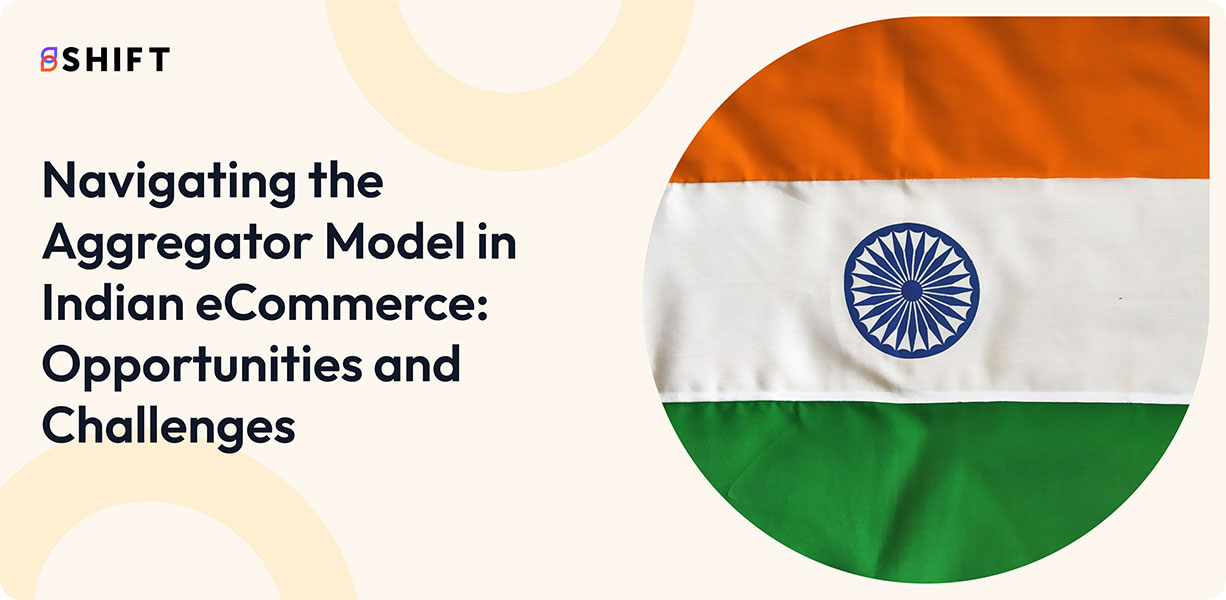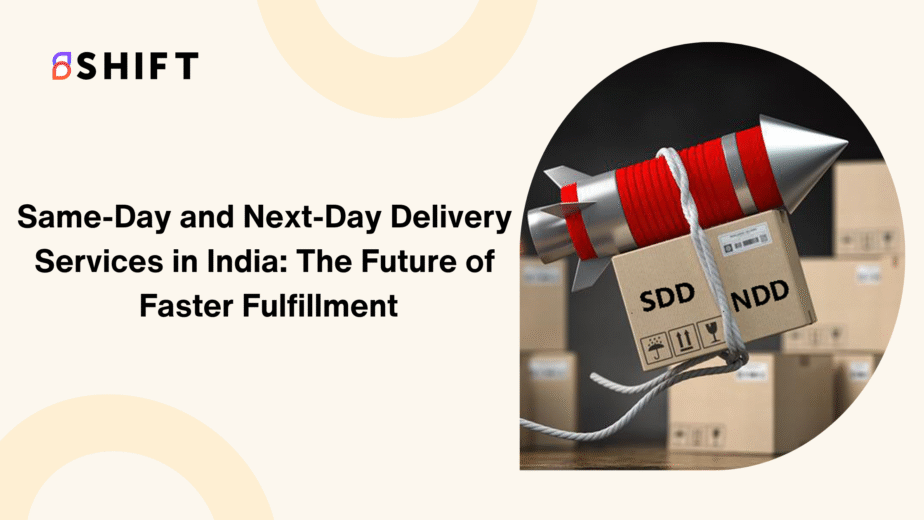In the ever-evolving landscape of Indian eCommerce, the aggregator model has emerged as a game-changer. It has undergone significant transformations over the years, presenting both opportunities and challenges. In this blog, we will delve into the evolution of the aggregator model, explore the hurdles it faces, highlight its promising opportunities, and ponder the future of this innovative approach in Indian eCommerce.
The Evolution of the Aggregator Model
The aggregator model in Indian eCommerce started as a novel idea, bringing together various sellers and service providers under one platform. Initially, it primarily focused on ride-sharing and food delivery services.
However, today, it has expanded to include a wide range of sectors, including groceries, healthcare, and even home services.
Challenges Faced by Aggregator Models in Indian eCommerce
- Regulatory Hurdles: Aggregators often find themselves entangled in regulatory issues related to pricing, licensing, and market dominance, which can hinder their growth.
- Competitive Market: The Indian eCommerce space is highly competitive, with giants like Amazon and Flipkart. Aggregators must constantly innovate to stand out.
- Profitability Concerns: Maintaining profitability remains a challenge due to heavy investments in marketing, technology, and customer acquisition.
- Quality Control: Ensuring the quality of services and products offered by third-party sellers is essential to maintaining trust among consumers.
- Consumer Data Privacy: Data privacy and security concerns continue to be a significant challenge, especially in a market where personal information is crucial for targeting consumers.
- Scalability: Managing rapid growth while ensuring efficient operations can be challenging for aggregator models, particularly in tier-2 and tier-3 cities.
- Dependency on Partners: Aggregators rely on a network of partners, which can sometimes lead to conflicts and issues if not managed effectively.
Opportunities for Aggregator Models in Indian eCommerce
- Market Expansion: Aggregators can tap into the vast untapped markets in tier 2 and tier 3 cities, where eCommerce penetration is still low.
- Diversification: Expanding into different verticals such as healthcare, education, and fintech presents an opportunity for aggregators to diversify their offerings.
- Digital Payments: The surge in digital payments offers a chance for aggregators to integrate seamless and secure payment solutions.
- Technological Advancements: Leveraging emerging technologies like AI and machine learning can enhance user experiences and streamline operations.
- Hyperlocal Services: The rise of hyperlocal delivery services presents a lucrative opportunity for aggregators to cater to immediate consumer needs.
- Partnership Collaborations: Aggregators can collaborate with local businesses and artisans, fostering community engagement and supporting small entrepreneurs.
The Future of the Aggregator Model in Indian eCommerce
As the aggregator model continues to adapt and evolve, it is poised for a promising future in Indian eCommerce. However, its sustainability will depend on addressing the challenges mentioned earlier, embracing technological innovations, and staying attuned to the dynamic market trends. The aggregator model has the potential to revolutionize the way Indians access products and services, making it an exciting space to watch.
Embrace the Aggregator Model in Indian eCommerce, explore new services, and stay tuned to the exciting developments in this ever-evolving ecosystem.




